Intergovernmental Panel on Climate Change. "Climate Change 2022 – Mitigation of Climate Change". April 04, 2022. https://report.ipcc.ch/...
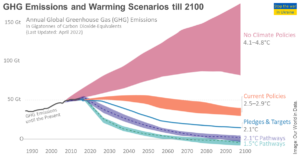 The world will warm by 3.2°C this century even if all the policies to cut carbon that governments have so far adopted were fully implemented. The high overshoot will increase climate risks for vulnerable regions and societies, causing unprecedented heatwaves, terrifying storms, and widespread water shortages and irreversible destructive impacts in vulnerable ecosystems. This report is a desperate plea for the massive scaling of renewable energy technologies and infrastructure, improvements in energy efficiency, and reductions in energy consumption. Although we know this and have the solutions to keep the worst from happening, we fail to take the needed urgent action.
The world will warm by 3.2°C this century even if all the policies to cut carbon that governments have so far adopted were fully implemented. The high overshoot will increase climate risks for vulnerable regions and societies, causing unprecedented heatwaves, terrifying storms, and widespread water shortages and irreversible destructive impacts in vulnerable ecosystems. This report is a desperate plea for the massive scaling of renewable energy technologies and infrastructure, improvements in energy efficiency, and reductions in energy consumption. Although we know this and have the solutions to keep the worst from happening, we fail to take the needed urgent action.
Posted on 09/04/22
Recent Abstracts
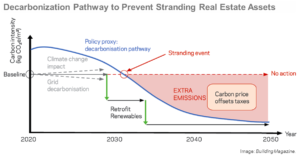
Are Stranded Assets an Unexploded Bomb?
Buildings that are too uneconomical to retrofit to comply with legislation, such as the EU Energy Efficiency Directive (EED) and National Energy and Climate Plans, become stranded assets. They are a significant risk for investors and property owners that have not ensured that their real estate assets are future-proofe ...
Posted on 10/01/22
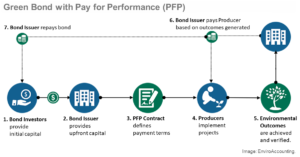
Green Loan Principles
Green loan principles (GLP) are a high-level framework of market standards and guidelines to promote the development and integrity of the green loan product. They define green loans as any debt instrument, including bonds, made available exclusively to finance or re-finance, in whole or in part, new and/or existing el ...
Posted on 10/01/22
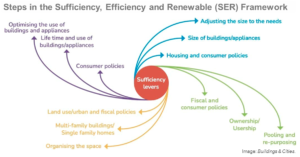
Sufficiency Should Be First
Unless "sufficiency" becomes a primary principle in climate mitigation and policies for the development and use of buildings, it is unlikely that global warming will be reduced. This article explains that we cannot meet the Paris Agreement targets of 1.5°C above pre-industrial levels without building efficiency improv ...
Posted on 08/01/22
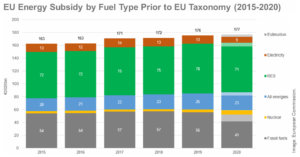
EU to Gut the Principle of Sustainable Taxonomy with Inclusion of Nuclear and Gas
EU taxonomy was intended to provide a system for the classification of environmentally and financially sustainable economic activities. It is essentially a green label for the investment of over a trillion euros. Also called the "Sustainable Finance Taxonomy", it's about subsidized financing and lots of money. The t ...
Posted on 07/01/22
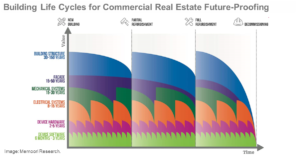
Deep Dive: Private Real Estate’s Obsolescence Problem
Asset managers conduct annual portfolio reviews and tenant engagement surveys to identify and manage potential obsolescence issues. Future pricing is a concern and they understand the risk that many obsolete assets may soon be on the market at the same time, pushing prices down. Thus, lenders and investors are focusi ...
Posted on 06/01/22
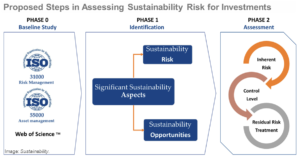
Climate Change and Sustainability Disputes between Foreign Investors and States
Countries are transitioning to low carbon, sustainable and climate-resilient economies. The action taken by states on climate change and sustainability will affect the profitability and viability of many existing investments and commercial arrangements. Significant changes to the investment environment in the name of ...
Posted on 05/01/22
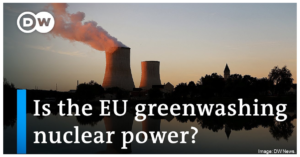
Environmental Performance of Products & Businesses – Substantiating Claims
The European Commission (EC) consulted with the general public and key stakeholders to regulate green claims in marketing and combat greenwashing. The consultation assessed the reliability and scope of current labels/initiatives and reviewed the current greenwashing practices that mislead market actors and reduce sust ...
Posted on 04/01/22

A Look Back at Significant Decisions in Climate Litigation in 2021
2021 was a significant year for climate litigation. This post highlights some of the most significant decisions in climate litigation and their implication for the future. The verdicts show that courts increasingly recognize climate change as a human rights issue and that judges are prepared to order both states and ...
Posted on 04/01/22
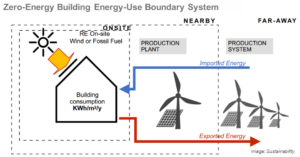
Brussels’ Big Building Grab
The EU plans to regulate the renovation of already existing, poorly insulated or ventilated buildings to become carbon neutral by 2050. The "nearly net-zero" energy efficiency standards for new builds are set to be strengthened. For the initiative, the Commission will make up to €150bn in regional development, cohesi ...
Posted on 03/01/22

Transforming Existing Hotels to Net Zero Carbon
The majority of hotel carbon emissions result from operational energy consumption. With 80% of hotels in 2050 already in existence, this white paper sets out a high-level framework and prioritizes interventions throughout the remaining life cycle of the existing building stock. The paper addresses the net-zero carbon ...
Posted on 31/12/21

A Comprehensive Review of Deterrents to the Practice of Sustainable Interior Architecture and Design
Sustainable Interior Architecture and Design (SIAD) impacts energy conservation as well as occupants’ satisfaction, comfort, and physical and psychological wellbeing. Although its adoption is necessary for achieving the sustainable development and operation of the built environment as well as the relevant sustainable ...
Posted on 30/12/21
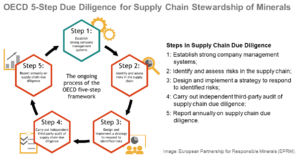
Due Diligence and Ongoing Stewardship When Engaging on Supply Chain Risk
Stewardship is the use of influence by institutional investors to maximize long-term value, including the value of common social, environmental and economic assets on which returns and stakeholder interests depend. Stewardship and ESG incorporation calls for the inclusion of ESG factors in investment and capital alloc ...
Posted on 29/12/21
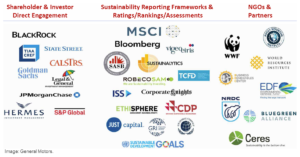
‘Sustainable’ Companies Face Increased Pressure to Justify the Sustainability Label Amid Investor Challenges and Demands for Greater Risk Assessment and Disclosure
Companies globally are increasingly required to provide disclosure that is reliable, consistent, and comparable. They are facing increased pressure across the world to justify their sustainability label – "green labeling". The US Securities and Exchange Commission (SEC) has also voiced the importance of clear, consis ...
Posted on 28/12/21
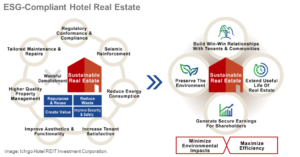
ESG in Hotel Real Estate: Understanding ESG & the Hotel Asset Lifecycle
This article explores ESG – environmental, social and (corporate) governance – in the hotel sector by examining the ESG factors in hospitality and reviewing the role of ESG in a hotel’s life cycle. While environmental needs are the most pressing and environmental efforts are more measurable, social and governance fact ...
Posted on 27/12/21
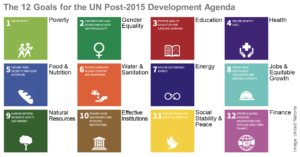
A New Global Partnership: Eradicate Poverty and Transform Economies through Sustainable Development
Published in 2013, the report contributed to the development of a post-2015 agenda and the Paris Agreement adopted in 2015 by the United Nations. It set out a universal agenda to eradicate extreme poverty globally by 2030 and deliver on the promise of sustainable development. The report addressed issues that are crit ...
Posted on 24/12/21

